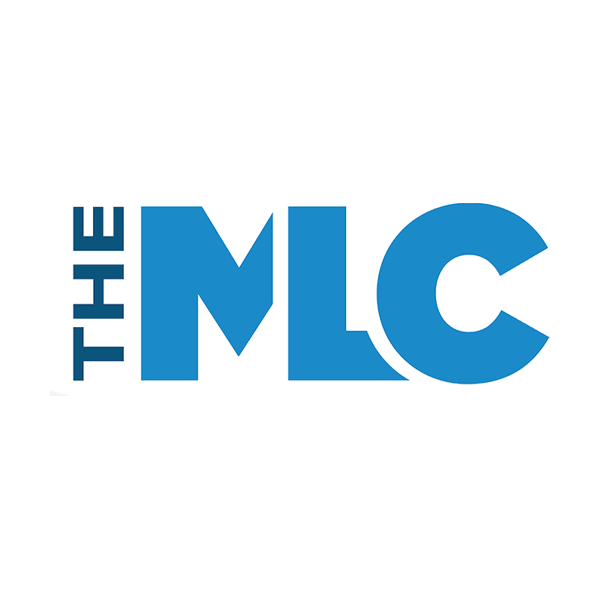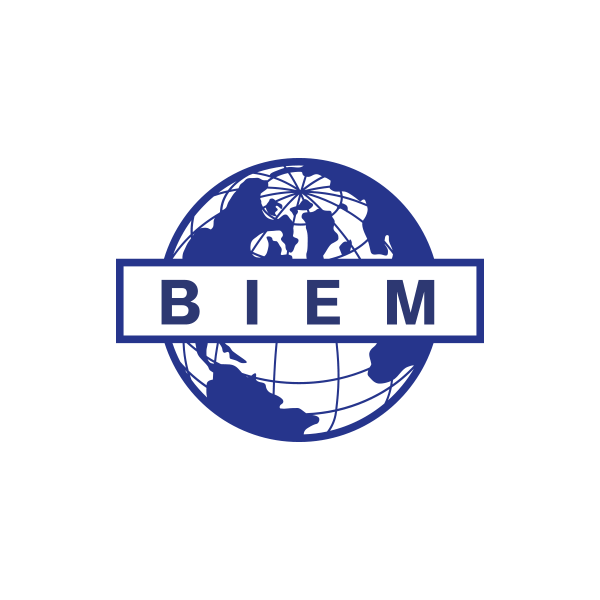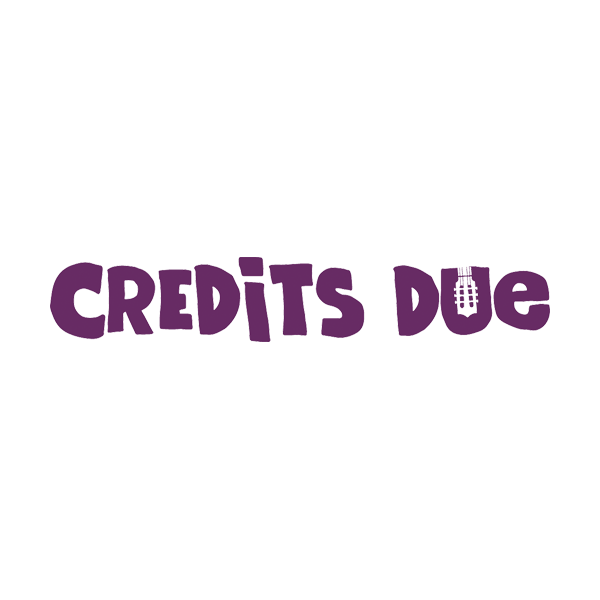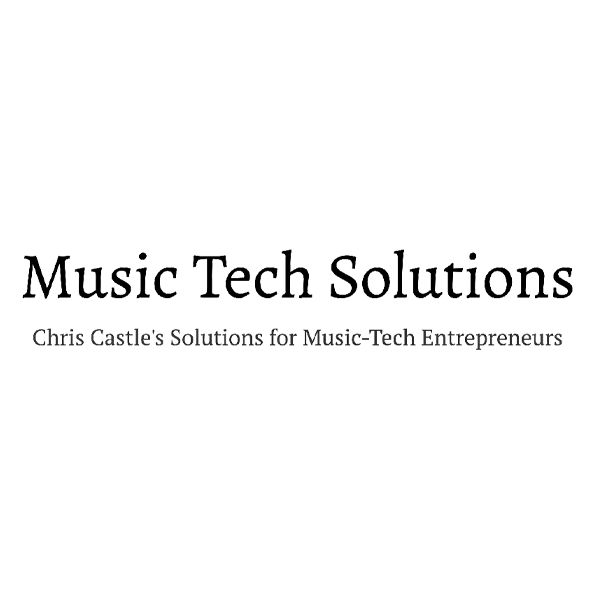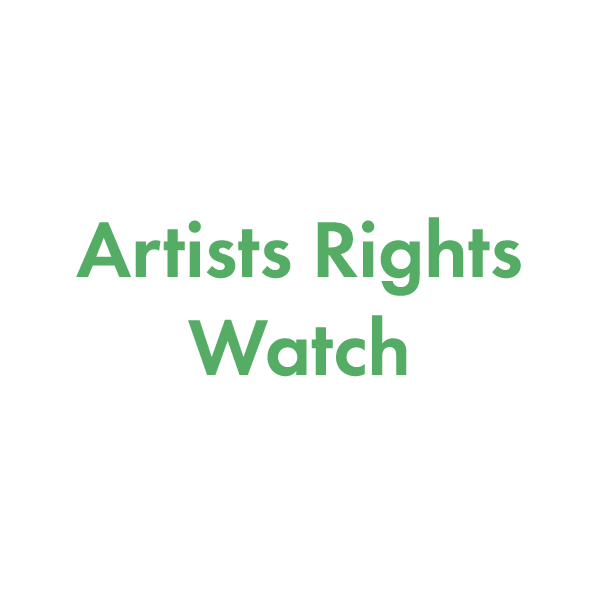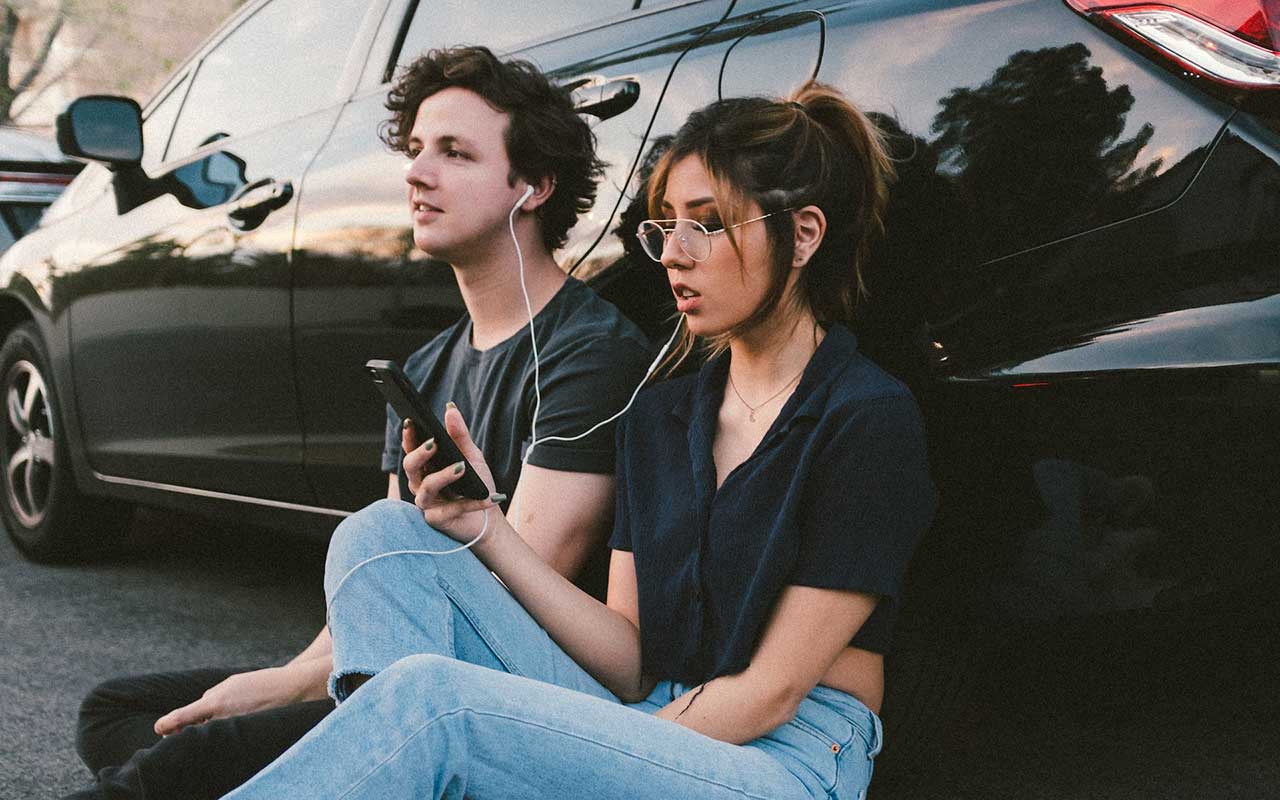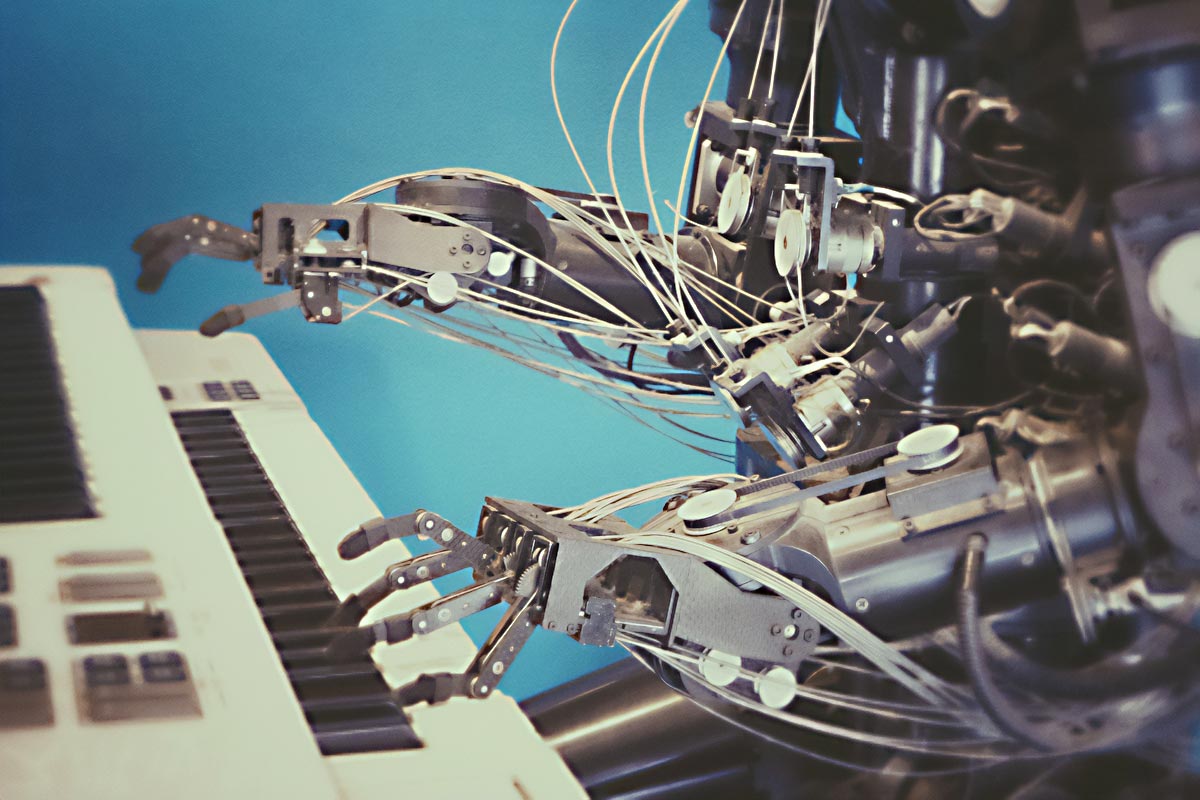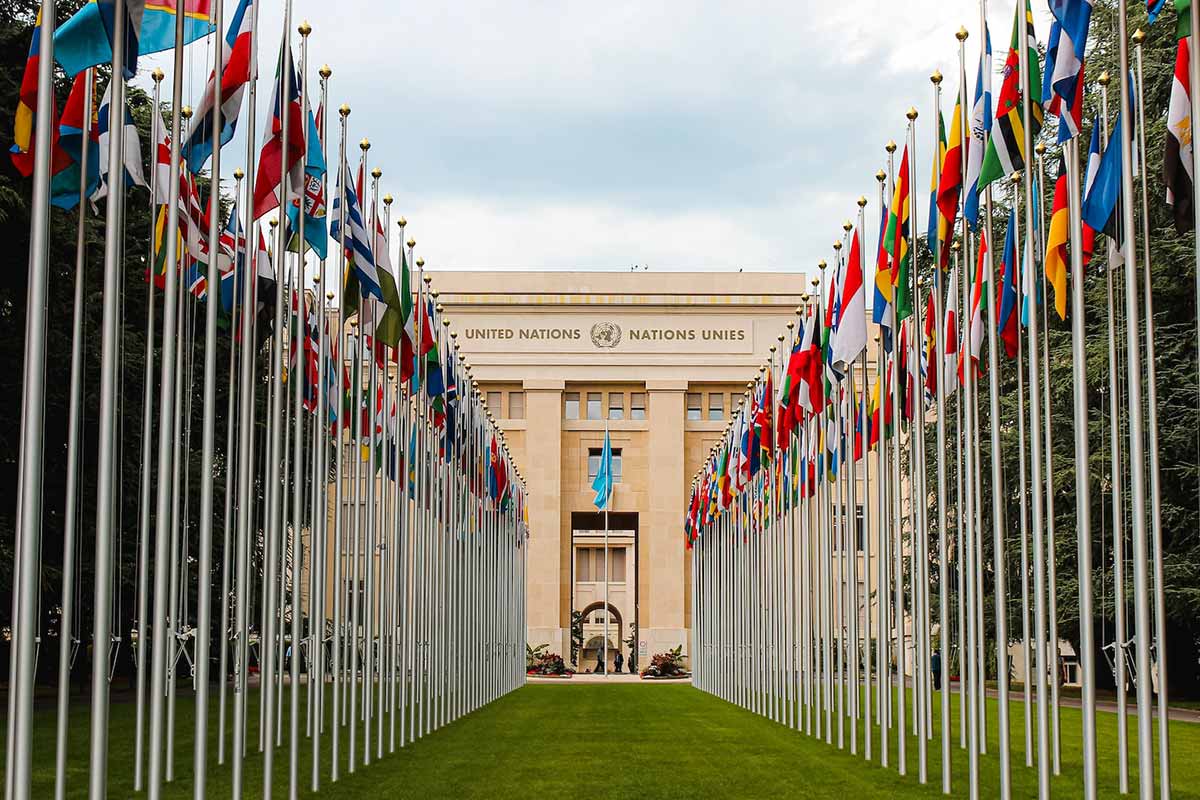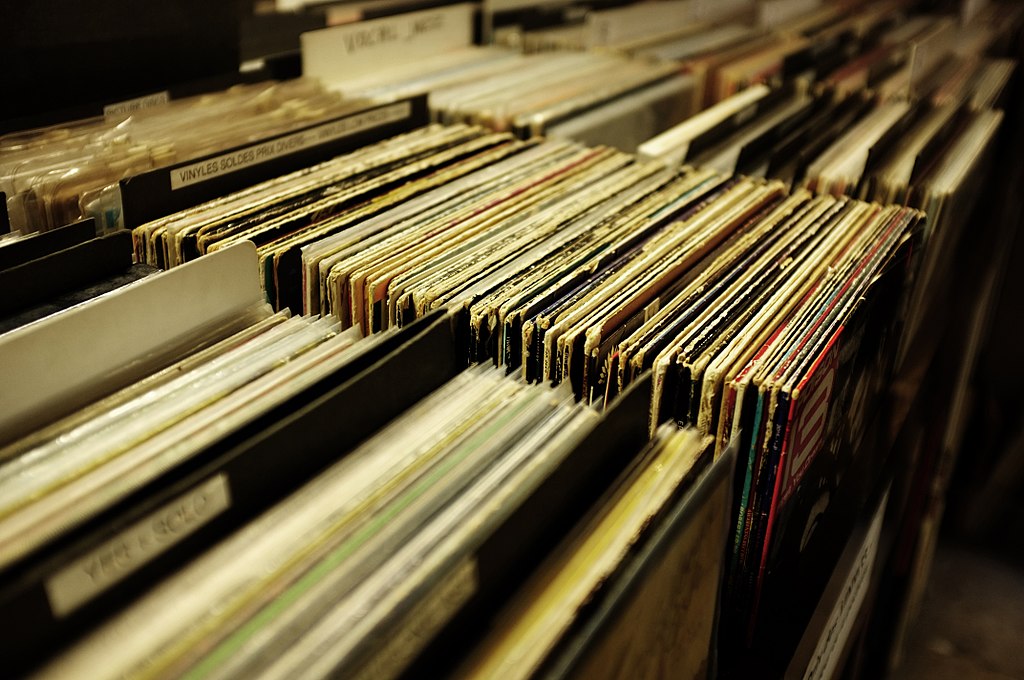Creators deserve timely, accurate payment.
Somewhere in the U.S. right now is a growing bank account currently containing more than $400 million. This money belongs to songwriters from all over the world. This video explains how it got there and how you might be able to claim your part of it.
For a song to be streamed on a platform, it needs to be uploaded by a digital distributor who also makes sure the artist and the owner of the sound recording get paid. But what about the so-called “mechanical” royalties earned by the songwriter? For these to be paid correctly, three things need to happen.
Firstly, the creator must be signed up with the mechanical rights society in their country. Secondly, all details of the creator’s song catalogue must be correctly entered in this society’s database. Finally, this songwriter information or “metadata” must be either embedded in the digital song file during the mastering process or added by the distributor when they upload it for streaming.
If any one of these steps was missed or not done correctly, the song is declared unmatched, and its earnings are added to the half billion dollar “black box” of unclaimed works. Even a simple spelling error in the song’s title or songwriter’s name can be enough to cause this.
We music creators can fix this issue ourselves. We need to begin taking as much responsibility for the accurate cataloguing of our songs as we do for the creation of their lyrics and melody. So work with your mechanical rights society to search the The Mechanical Licensing Collective (MLC) database for errors and verify your metadata. If you have a publisher, ask for their help. Let’s get these hundreds of millions of dollars back into the rightful hands of the music creators that earned them.
The Mechanical Licensing Collective
The MLC came into being as a result of the 2018 Music Modernization Act when it was established as a nonprofit organization by the U.S. Copyright Office. It’s remit is to administer the US collection and distribution of mechanical royalties from eligible streaming and download services to songwriters, composers, lyricists, and music publishers.
To achieve this, the MLC has built a musical works database that can also be accessed by the public. It also has a portal where creators and music publishers can submit and maintain their musical works information or metadata.
The musical works database was inherited by the MLC and the information within it is not perfect. It contains a multitude of small inaccuracies and typographical errors and these can be typical of any database of this size. The crucial difference here is that if the stream payment cannot be matched to a song because of one of these errors, the music creator will not get paid.
No. The MLC collects royalties from the streaming of songs in the United States rather than for US songwriters alone. Music creators from all over the world have their musical works streaming in this territory and so could also find themselves in the “black box” of unmatched royalties. Speak with the mechanical rights agency in your country and get their help.
We need to approach the metadata of our songs with the same rigor as the composition. If there are even tiny errors, the royalty you are rightfully due might not end up in your bank.
Actionable advice
Check your data
Go to the MLC public database and begin searching for your songs. Look for any errors in the listings or typos in the songwriter name that might prevent royalties from reaching their rightful destination.
Contact your mechanical society
Contact the mechanical rights society in your country and ask for their help in addressing these issues. If you don’t know who to call or you’re not signed up, search the BIEM database for the appropriate society in your region.
Contact your publisher
If you have a publisher, contact them and ask for their help in checking the MLC’s unmatched works list or addressing any of the issues you’ve found. They can gain access to the MLC’s “click to collect” portal to fix the issues.
Share your findings
Please help other songwriters and composers. Tell them about the process you followed to address these issues and share our video as widely as you can. Let’s get this money back into the rightful hands of music creators.
